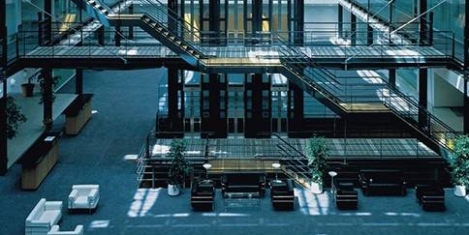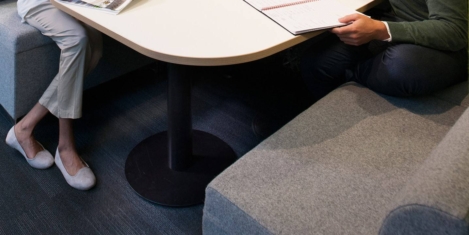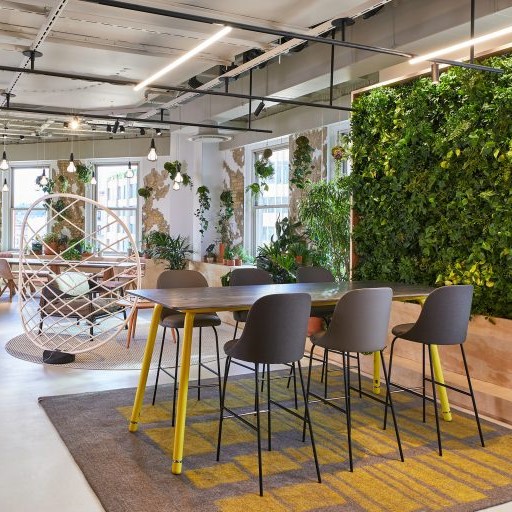To provide the best experiences, we use technologies like cookies to store and/or access device information. Consenting to these technologies will allow us to process data such as browsing behaviour or unique IDs on this site. Not consenting or withdrawing consent, may adversely affect certain features and functions.
The technical storage or access is strictly necessary for the legitimate purpose of enabling the use of a specific service explicitly requested by the subscriber or user, or for the sole purpose of carrying out the transmission of a communication over an electronic communications network.
The technical storage or access is necessary for the legitimate purpose of storing preferences that are not requested by the subscriber or user.
The technical storage or access that is used exclusively for statistical purposes.
The technical storage or access that is used exclusively for anonymous statistical purposes. Without a subpoena, voluntary compliance on the part of your Internet Service Provider, or additional records from a third party, information stored or retrieved for this purpose alone cannot usually be used to identify you.
The technical storage or access is required to create user profiles to send advertising, or to track the user on a website or across several websites for similar marketing purposes.
 The general picture of self-employment, the gig economy work and mental wellbeing is not a pretty one. Around the world, Uber drivers face wage and security worries. Deliveroo workers have too much competition. Airbnb owners face legal problems in Paris and other cities. But while these headlines suggest a dark cloud over the heads of gig economy workers, recent data I’ve looked at unexpectedly shows that they are about 33 percent more likely to self-report positive mental health traits.
The general picture of self-employment, the gig economy work and mental wellbeing is not a pretty one. Around the world, Uber drivers face wage and security worries. Deliveroo workers have too much competition. Airbnb owners face legal problems in Paris and other cities. But while these headlines suggest a dark cloud over the heads of gig economy workers, recent data I’ve looked at unexpectedly shows that they are about 33 percent more likely to self-report positive mental health traits.






 UK SMEs must create a tech-friendly culture to attract and retain top tech talent, according to a new white paper from
UK SMEs must create a tech-friendly culture to attract and retain top tech talent, according to a new white paper from 






















July 29, 2019
The tipping point for flexible working arrives
by James Geekie • Comment, Flexible working, Workplace design